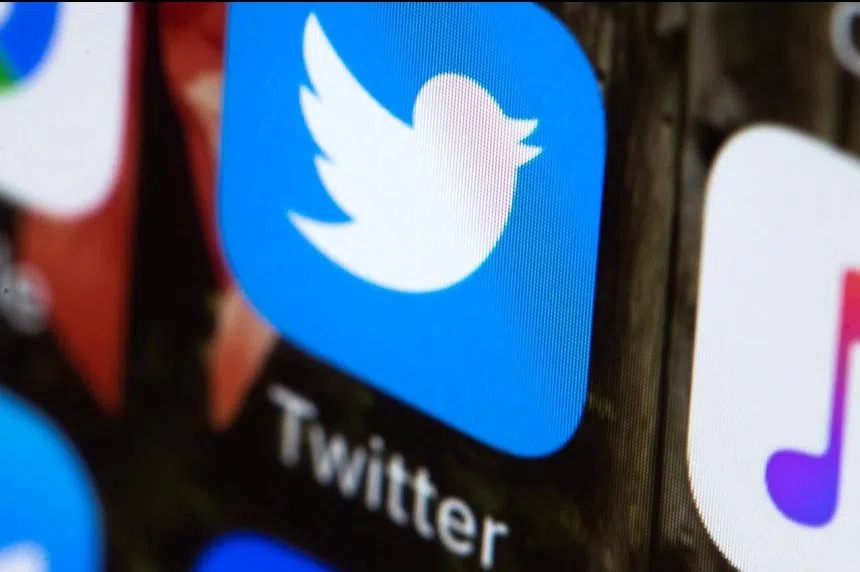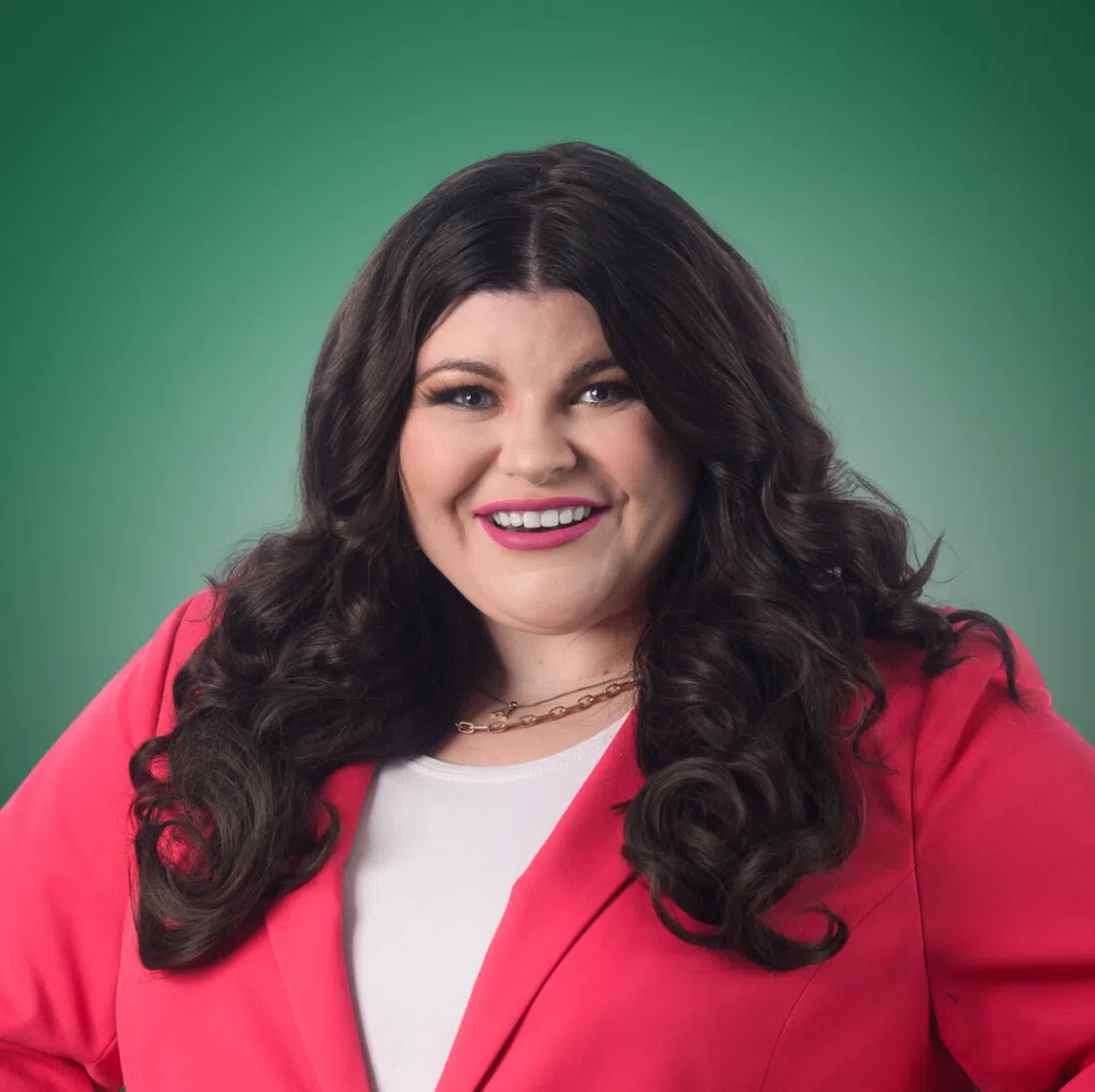The richest man in the world, Elon Musk, is getting ready to take the helm of Twitter after coming to an agreement to buy the social media platform this week.
The effect of the move for everyday users is still unclear, according to Dr. Alec Couros, a professor of educational technology and media at the University of Regina.
One of the big changes Musk could end up making involves moderation on the site. Musk is a free speech absolutist, which means he doesn’t believe there should be any limits.
“Which would mean also that things like inciting violence or inciting hate speech would also be included in that, the lifting of censorship,” explained Couros.
Couros said that could have some ramifications for how a social media platform would operate.
“There’s already tremendous harassment on Twitter — racist actions (and) racist speech, for instance — so what would it look like if it’s entirely unmoderated?” asked Couros.
A relaxing of policies around what a person could say could result in the return of some personalities to Twitter, like Donald Trump and Marjorie Taylor Greene.
Couros said there’s speculation that kind of move could have a number of people logging on to the site who felt that the things they want to say weren’t previously allowed online. Others could leave Twitter if they feel there starts to be a trend toward greater toxicity.
“Depending on what you come for and how you engage, it’s going to make a difference in terms of what you choose to do with your Twitter account,” said Couros.
Couros pointed to statistics that show about 53 per cent of the tweets from Twitter’s 400 million or so users come from people in Generation Z, and that a good chunk of Twitter users come for news and entertainment.
Musk has also floated the idea of adding an edit button to tweets and also getting rid of spambots.
“That idea has some merit when you think about some of the imposters on Facebook, for instance, and on other social media,” Couros said. “It’s quite rampant. You don’t know exactly who’s on there and it would be, in some respects, quite nice to be able to know who you’re talking to and not be a victim of fraud because there’s a lot of that that happens as well.”
However, the other side of that coin could be verifying all human users on Twitter, which Couros said could be bad for some who want to be able to speak out but also need to hide from persecution by their governments. He pointed to the use of Twitter during the Arab Spring.
Musk has a history of using Twitter for his own gain, tweeting about cryptocurrency for example and then profiting off the resulting interest. That history could raise concerns with Musk now at the head of Twitter.
“He has a lucrative opportunity. He’s been in trouble for tweeting things in the past, having the ability to (say) whatever he wants to say on Twitter, and to allow other people to do that, there can be a great manipulation of markets. There can be great manipulation of world events (and) people,” said Couros.
All in all, Couros said much of the talk right now is speculation and it’s still unclear what will shake out.
“I think no one knows, and it’s really hard to what Elon Musk is going to do with it. His beliefs and his actions have been quite idiosyncratic and we’ll just have to wait to see what happens,” said Couros.











